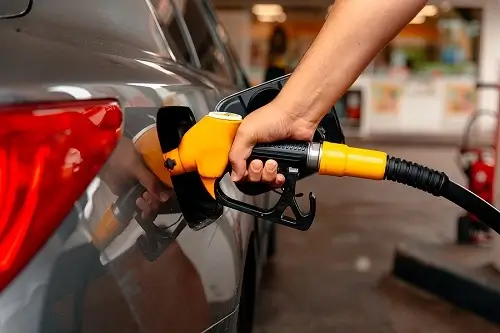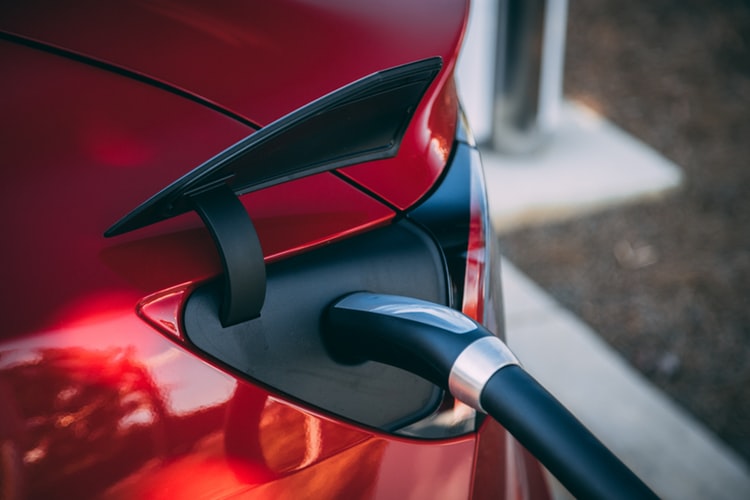Ultimate Guide To Improved Fuel In today’s world, where sustainability and economic prudence are paramount, optimizing fuel usage has never been more critical. Whether you’re a conscientious driver looking to save money on fuel or an eco-conscious individual concerned about reducing your carbon footprint, this comprehensive guide will provide you with a treasure trove of strategies for better fuel efficiency. In this Ultimate Guide To Improved Fuel, we’ll explore advanced techniques to boost gas mileage and delve into the top fuel-saving strategies to help you achieve that coveted goal of Ultimate Guide To Improved Fuel. Get ready to embark on a journey towards a greener, more efficient drive.
Deciphering the Significance of Fuel Efficiency
Before we dive into the intricacies of boosting gas mileage, let’s first unravel the fundamental importance of fuel efficiency.
Fuel efficiency is the measure of how effectively your vehicle converts fuel into energy for propulsion. This efficiency is typically expressed in miles per gallon (mpg), where higher values indicate more efficient fuel usage. Conversely, lower mpg values signify greater fuel consumption.
When it comes to improving your vehicle’s fuel efficiency, there are myriad strategies to consider. Whether you’re a seasoned driver or a novice, these strategies for better mpg can help you achieve significant fuel savings.
The Basics of Fuel Efficiency
- Proper Tire Maintenance: Keeping your tires at the optimal pressure levels can significantly reduce rolling resistance, enhancing your vehicle’s fuel efficiency.
- Regular Engine Care: Routine engine maintenance, such as timely oil changes, air filter replacements, and spark plug inspections, can go a long way in optimizing fuel efficiency by ensuring the engine operates at its best.
- Smooth Driving: Avoid aggressive driving behaviors like sudden accelerations and abrupt stops. A gentle, steady driving style can yield substantial fuel savings.
- Weight Reduction: Shedding excess weight by removing unnecessary items or cargo from your vehicle can lead to better fuel economy.
- Aerodynamic Improvements: When not in use, remove roof racks or cargo carriers to minimize wind resistance and improve fuel efficiency.
- Cruise Control Usage: On highways, using cruise control can maintain a consistent speed, ultimately saving fuel compared to frequent throttle adjustments.
- Select the Right Fuel: Ensure you’re using the recommended fuel type for your vehicle. Using higher-octane fuel when it’s not required can be an unnecessary expense.
Advanced Strategies to Elevate Fuel Efficiency
While adhering to the basic fuel-saving techniques mentioned above is essential, there are advanced strategies and technologies that can take your fuel efficiency to the next level.
1. Hybrid and Electric Vehicles
For those seeking the pinnacle of fuel efficiency, hybrid and electric vehicles offer groundbreaking solutions. These vehicles combine conventional internal combustion engines with electric power, significantly reducing fuel consumption. Electric vehicles, in particular, have zero tailpipe emissions, making them a sustainable choice for environmentally conscious drivers.
2. Advanced Engine Technologies
Modern vehicles are equipped with sophisticated engine technologies, including direct injection, variable valve timing, and turbocharging. These innovations optimize fuel combustion, leading to improved fuel efficiency and enhanced power. When choosing a vehicle, consider models equipped with these advanced engine features.
3. Start-Stop Systems
Many contemporary vehicles feature start-stop systems that automatically shut off the engine when the vehicle comes to a complete stop, such as at traffic lights or in heavy traffic. This feature conserves fuel by eliminating unnecessary idling. When the driver releases the brake pedal, the engine quickly restarts, ensuring a seamless driving experience.
4. Regenerative Braking
In hybrid and electric vehicles, regenerative braking is a groundbreaking technology. It captures energy typically lost during braking and converts it into electrical energy, which is then used to charge the vehicle’s battery. This technology not only improves fuel efficiency but also extends the vehicle’s electric-only range.
5. Lightweight Materials
Vehicle manufacturers are increasingly incorporating lightweight materials, such as aluminum and carbon fiber, into their designs. These materials reduce the overall weight of the vehicle, resulting in improved fuel efficiency. A lighter vehicle requires less energy to move, ultimately consuming less fuel.
6. Enhanced Transmission Systems
Modern transmissions, including continuously variable transmissions (CVTs) and dual-clutch transmissions, are designed for optimal gear shifting, reducing energy loss and increasing fuel efficiency. When choosing a vehicle, seek those with advanced transmission systems to maximize gas mileage.
Specialized Strategies for Different Driving Scenarios
While the aforementioned strategies apply to most vehicles, there are specific scenarios where you can further optimize fuel efficiency:
1. City Driving
In congested urban environments, fuel efficiency can be challenging due to frequent stops and starts. To counteract this, consider driving during off-peak hours to avoid traffic. Using public transportation or carpooling are eco-friendly alternatives that reduce individual fuel consumption.
2. Highway Driving
Highway driving generally offers better fuel efficiency than city driving due to steady speeds and less stop-and-go traffic. To further improve your highway mpg, maintain a consistent speed, use cruise control, and avoid aggressive driving habits.
3. Long-Distance Travel
When embarking on long-distance journeys, meticulous planning can lead to significant fuel savings. Check your vehicle’s weight distribution, pack efficiently, and plan rest stops strategically. Reducing wind resistance with aerodynamic improvements is also beneficial for long-haul travel.
In conclusion : Ultimate Guide To Improved Fuel
Achieving superior fuel efficiency isn’t just about conserving energy resources; it’s about saving money and reducing environmental impact. By adhering to the principles outlined in this Fuel Efficiency Handbook and embracing advanced technologies, you can contribute to a sustainable future while enjoying significant savings on fuel costs. Consistent vehicle maintenance, responsible driving, and making informed choices about your vehicle are the key factors in Ultimate Guide To Improved Fuel.
So, whether you choose a hybrid or electric vehicle, opt for a model with advanced engine technologies, or implement specialized strategies for different driving scenarios, achieving improved fuel is a journey well worth embarking on. It not only ensures a smoother, more cost-effective ride but also plays a crucial role in mitigating the environmental effects of transportation. Embrace the challenge of improving your fuel efficiency, and both your wallet and the planet will be better off for it.






